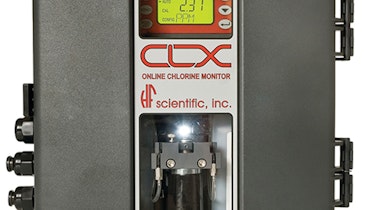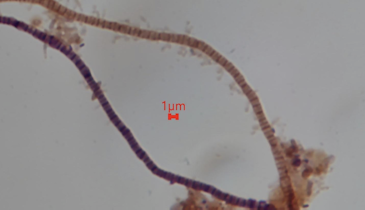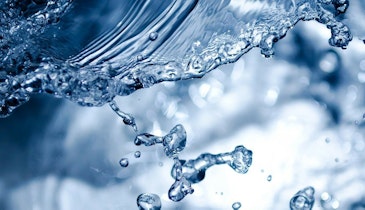Fewer baby wipes are ending up in the Portland Water District Cottage Place pump station in Westbrook, Maine, thanks to a pilot program between the Maine Water Environment Association, Portland Water District and INDA, the Association of the Nonwoven Fabrics Industry. The public...
News Briefs: Success! Maine Program Reduces Baby Wipes in Pump Stations
Popular Stories
Discussion
Comments on this site are submitted by users and are not endorsed by nor do they reflect the views or opinions of COLE Publishing, Inc. Comments are moderated before being posted.





